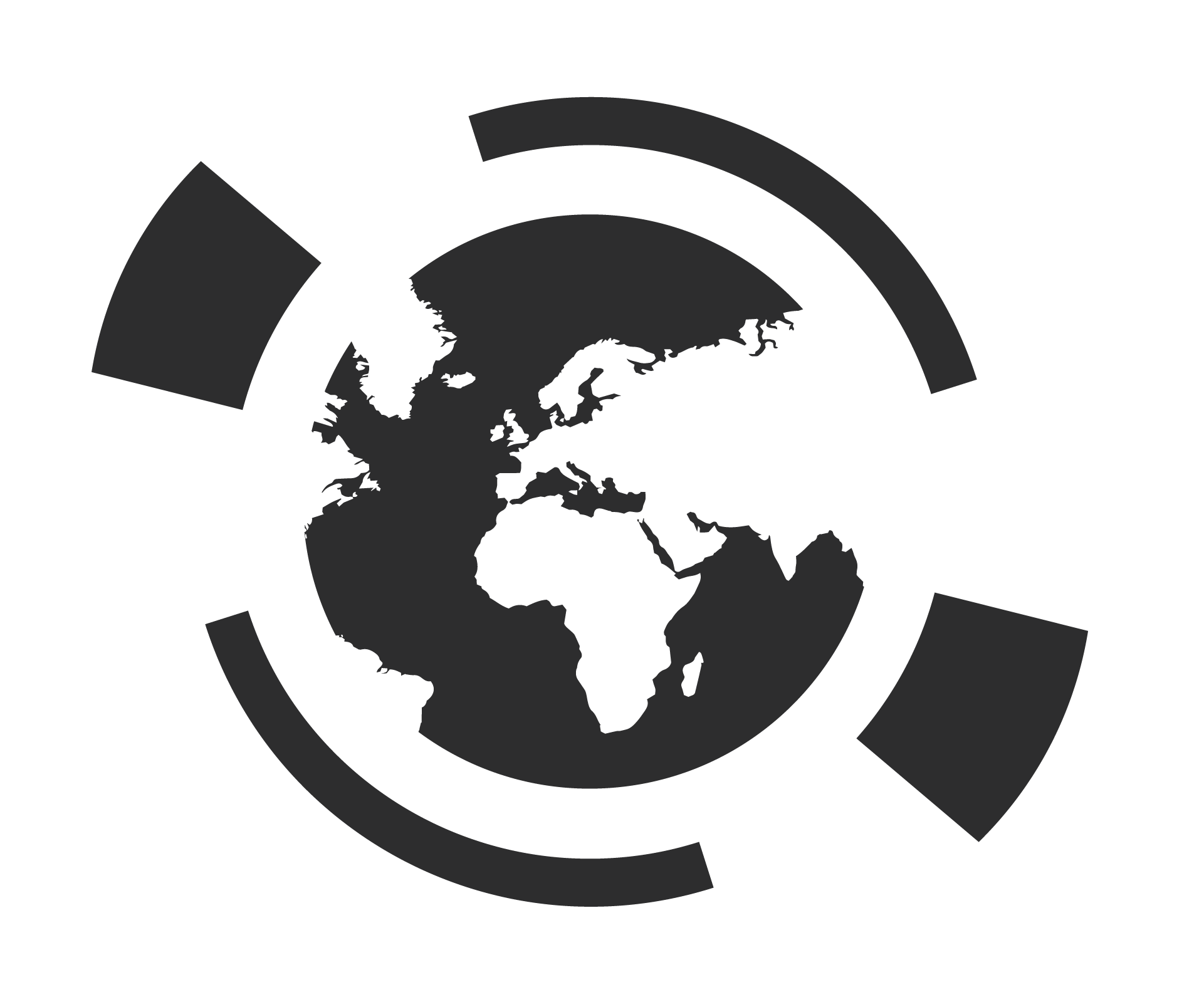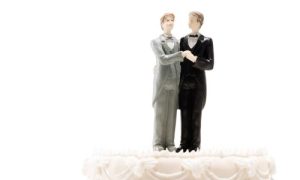During World War II, King George VI called the nation to pray for D-Day. What will it take for the nation to once again come together and pray?

It’s been 80 years since D-Day, June 6th 1944, when Western Allied forces during World War II launched the largest invasion in history with nearly 7,000 ships and more than 11,000 planes, crossing the English Channel and landing more than 150,000 troops (and more over the days that followed) on the beaches of Normandy to free France and the rest of Europe from Nazi tyranny.
General Eisenhower told the troops embarking for Normandy: “The eyes of the world are upon you. The hopes and prayers of liberty-loving people everywhere march with you . . . The tide has turned! The freemen of the world are marching together to Victory! I have full confidence in your courage, devotion to duty and skill in battle. We will accept nothing less than full victory! Good Luck! And let us all beseech the blessing of Almighty God upon this great and noble undertaking.”
British Field Marshal Bernard Montgomery had told the troops, “Let us pray that the Lord, mighty in battle, will give us victory.” As the forces approached Normandy, U.S. President Franklin Roosevelt took to the airwaves with this call: “In this poignant hour, I ask you to join with me in prayer.”
He publicly prayed: “Almighty God: Our sons, pride of our nation, this day have set upon a mighty endeavour, a struggle to preserve our Republic, our religion, and our civilization, and to set free a suffering humanity . . . They will need Thy blessings. Their road will be long and hard . . .
“They fight not for the lust of conquest. They fight to end conquest. They fight to liberate . . . They yearn but for the end of battle, for their return to the haven of home. Some will never return. Embrace these, Father, and receive them, Thy heroic servants, into Thy kingdom.
“And for us at home . . . help us, Almighty God, to rededicate ourselves in renewed faith in Thee in this hour of great sacrifice.
“Many people have urged that I call the nation into a single day of special prayer. But because the road is long and the desire is great, I ask that our people devote themselves in a continuance of prayer. As we rise to each new day, and again when each day is spent, let words of prayer be on our lips, invoking Thy help to our efforts . . .”
“And, O Lord, give us faith. Give us faith in Thee; faith in our sons; faith in each other; faith in our united crusade . . . With Thy blessing, we shall prevail over the unholy forces of our enemy. Help us to conquer the apostles of greed and racial arrogances. Lead us to the saving of our country, and with our sister nations into a world unity that will spell a sure peace—a peace invulnerable to the scheming of unworthy men. And a peace that will let all of men live in freedom, reaping the just rewards of their honest toil.
“Thy will be done, Almighty God. Amen.”
As word of the invasion spread, prayer vigils were quickly organized throughout the country. Many businesses closed for prayer.
Britain’s King George VI said in a worldwide radio address on D-Day: “Four years ago our nation and Empire stood alone against an overwhelming enemy, with our backs to the wall. Tested as never before in our history, in God’s providence we survived that test . . .
“Once more a supreme test has to be faced. This time the challenge is not to fight to survive, but to fight to win the final victory for the good cause . . . That we may be worthily matched with this new summons of destiny, I desire solemnly to call my people to prayer and dedication.
“We are not unmindful of our own shortcomings, past and present. We shall ask not that God may do our will, but that we may be enabled to do the will of God; and we dare to believe that God has used our nation and Empire as an instrument for fulfilling His high purpose.
“I hope that throughout the present crisis of the liberation of Europe there may be offered up earnest, continuous and widespread prayer . . .
“If from every place of worship, from home and factory, from men and women of all ages and many races and occupations, our intercessions rise, then, please God, both now and in the future, not remote, the predictions of an ancient psalm may be fulfilled: ‘The Lord will give strength unto His people; the Lord will give His people the blessing of peace.’”
Did God answer this great outpouring of prayer? Many are justifiably convinced that He did.
So, with all this in my minds…with all these answered prayers in recent history…the question remains why as a nation do we view prayer in such distain and will we ever have to call on God again as a nation in prayer.
The one thing we know for certain is that the Bible reveals that God cares about what happens in the affairs of nations and intervenes in working out His overall plan. “For wisdom and might are His. And He changes the times and the seasons; He removes kings and raises up kings” (Daniel 2:20-21)—sometimes to punish sinful nations and rulers (compare Genesis 15:16; Isaiah 10:12)—and also to protect His servant people from annihilation.
Observe what Winston Churchill, British Prime Minister at the time of D-Day, said in 1942 stating: “I sometimes have a feeling of interference. I want to stress that. I have a feeling sometimes that some Guiding Hand has interfered. I have a feeling that we have a Guardian because we have a great cause, and we shall have that Guardian so long as we serve that cause faithfully.”
At the victorious conclusion of the war, Churchill led the British House of Commons to “give humble and reverent thanks to Almighty God for our deliverance.”
What would it take to see our nation called to prayer again? It would be extremely sad if it took millions to die again in a world war. Let us pray for God to stir the hearts of those that don’t him yet.
Paul Fenton is part of the Communications team at the World Prayer Centre.





